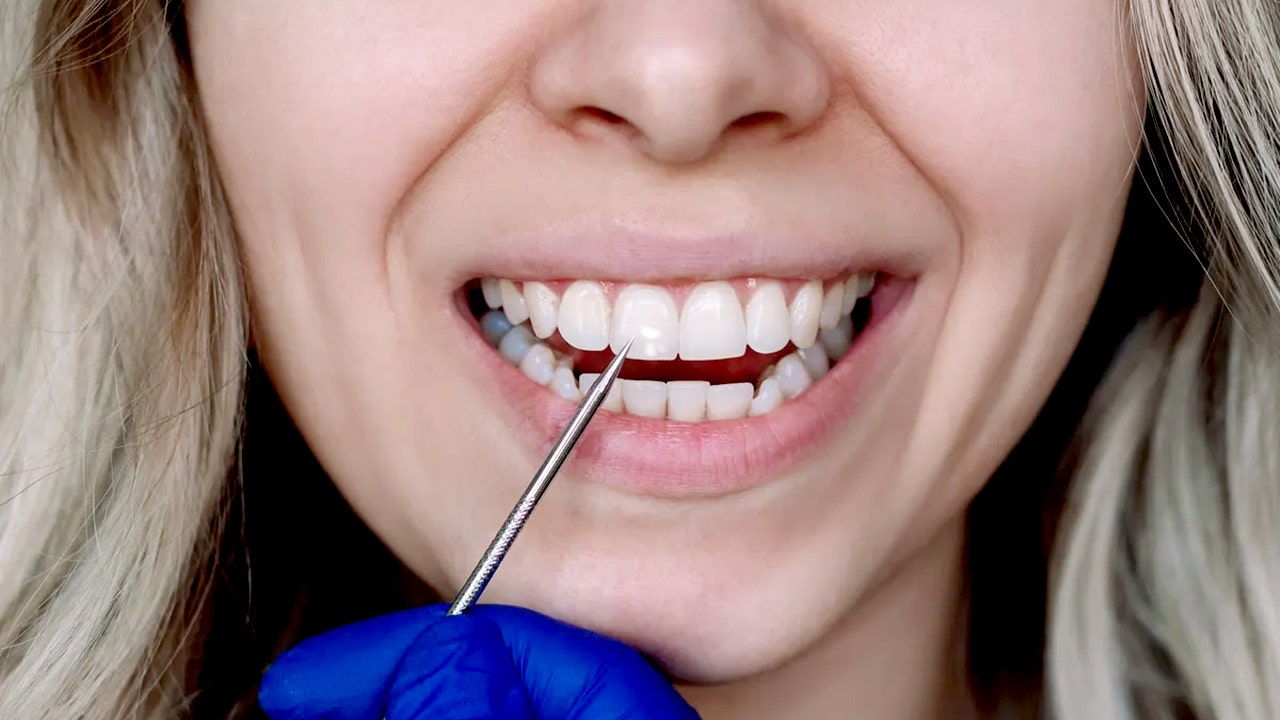Airman’s cocaine bust conviction overturned on workout powder appeal

An airman who was demoted and sentenced to hard labor after popping positive for cocaine has had his conviction overturned by an appellate judge who found government prosecutors failed to turn over evidence and did not adequately consider his defense that the flagged substance could have been tainted pre-workout power.
A Sept. 15 decision by the United States Court of Appeals for the Armed Forces — the military’s highest appeals court — found that Bryce Roan, a former senior airman, was disadvantaged by errors and omissions by the prosecution.
The decision, handed down by CAAF Judge John E. Sparks, returns the case to the Air Force and authorizes a rehearing. It was not clear Tuesday whether the service would choose that option. A request for comment to Lt. Col. Jenny Liabenow, the head of the prosecution’s legal team, did not receive a response.
Annie Morgan, an attorney who represented Roan for the Law Offices of David Sheldon, which has a special focus in military law, said the ruling will have reverberations far beyond a single airman’s career.
“I think it’s a pretty seismic case in terms of military justice,” Morgan told Military Times. “I think you’ll see this cited [in other appeals] starting today.”
It’s so significant, she said, because it’s a rare acknowledgement of what’s known in trials as a Brady violation — a failure by prosecutors to disclose material that might help the person they’re prosecuting prove their own innocence.
At issue is how Roan’s case was tried alongside that of another airman, and how doubt about the nature of the substance they ingested around the same time should have been considered equally in both cases.
RELATED
Roan had been stationed at Little Rock Air Force Base, Arkansas, in the summer of 2021. He lived off base with two other airmen in his unit, the 19th Aircraft Maintenance Squadron. After the July Fourth weekend, they were all subjected to a urinalysis as part of a unit-wide inspection.
Roan and his roommate, Staff Sgt. Nikkolas Wolf, both popped for a cocaine metabolite. Roan’s levels were higher: 574 nanograms per milliliter to Wolf’s 168. But both were above the 100 ng/ML cutoff for a positive test.
The two cases were considered “companion cases,” according to court documents, and were investigated at the same time. But when they went to trial, the outcomes were wildly different. Roan was convicted in December 2021, receiving three months of hard labor, a reprimand and a demotion to E-2. A month later, Wolf’s case was postponed. When he finally went to trial in May 2022, he was acquitted.
As appeal documents show, Wolf had told agents from the Air Force Office of Special Investigations (SFOI) he thought another substance might be to blame for his positive drug test.
“I have no idea, why would I — I take pre-workout, I don’t know if that could make me pop,” Wolf said, according to documents. “My roommate brought [the pre-workout] back from Africa. I ran out of mine and took his.”
Wolf was acquitted — not because the powder proved his innocence — but because prosecutors failed to preserve evidence, including the pre-workout supplement in question, as well as records of a conversation with a third roommate who owned the supplement.
But even though Roan’s case was considered a companion to Wolf’s, this information was never brought into it.
“Under the most charitable interpretation, [the Air Force prosecutor] remained willfully ignorant as to SFOI’s investigation into the pre-workout powder,” Sparks wrote in the September CAAF decision. “If [the prosecutor] had exercised reasonable diligence in preparing the Government’s case, he would have been aware of the steps taken by SFOI, the destruction of evidence, and the investigators’ derogatory data. Thus, he was responsible for turning over to the defense responsive material and exculpatory information.”
For Morgan, this case brings together legal rights for troops facing prosecution in a way that’s never been done before.

“You’ve got to look at the withheld material holistically; you do not get to plead ignorance [as prosecutors]; innocent ingestion is a very viable defense, which you do not have to actually form corroboration for,” she said. “I think it’s a really great one-stop shop … there has never been a case that synthesized them so beautifully, in terms of what an actual defendant’s rights were.”
Morgan expects the decision to feature prominently in many cases and appeals in which a defendant is seeking to demonstrate doubt about their guilt. It underscores that the failure to gather and preserve evidence is not an excuse for investigators to overlook aspects of a case.
“Rules really matter,” Morgan said. “It doesn’t matter if you’re trying a capital murder case or trying a single spec marijuana case. Actually, the rules are the same. And I don’t think they’ve been treated as the same for a very long time.”
Roan, who spoke with Military Times in January, is now 25 and out of the service. At the time, he said he kept his uniforms hanging in his closet in the hope that the wrongs in his case would be righted.
But the decision in his favor doesn’t necessarily do that, at least for Roan, Morgan said.
“I don’t think he’s going to be tried again, but there’s that actual question of, could they recall him to active duty to try him?” Morgan said. “Or even just, what does that emotionally mean when they say you’re right, but no one says, ‘I’m sorry.’”
Read the full article here









